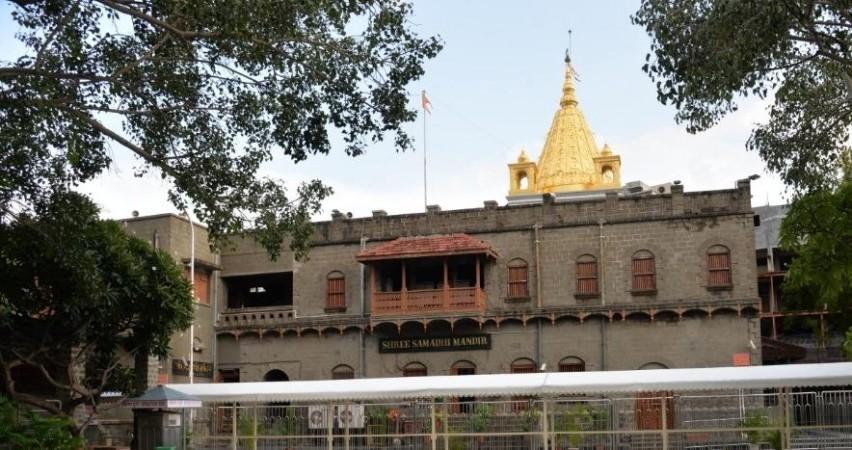The small town of Shirdi, which hosts one of India's top religious tourism spots, the Saibaba Temple, will go on an indefinite strike from May 1 to protest the proposed CISF deployment at the famed temple, officials said here on Thursday.
The shutdown call by all the markets, transporters, commercial and hospitality industry here has been issued by different organisations who are jointly opposing the planned CISF security for the temple.
However, a temple official told IANS that the Shri Saibaba Sansthan Trust (SSST) has nothing to do with the strike of the townsfolk.
"The Saibaba Temple and all its other facilities shall function as usual... We have no knowledge when the CISF security will be deployed, and presently the Maharashtra Police is providing the security cover here, and we have other security arrangements like metal detectors, CCTVs, etc.," said the officer, requesting anonymity.

The main Saibaba Temple is spread across 4.5 acres and the other SSST's activities are dotted on around 350 acres, though the CISF cover will be restricted only to the temple areas.
The officer pointed out that following an intel report to the Centre, there are moves to beef up the security in and around the temple premises from potential threats or possible attacks.
The Shirdi town has a population of around 25,000 and the Saibaba Temple is visited by over 50,000 devotees daily, cutting across faith lines, which adds to over two crore followers from India around the world annually.
The town people have argued that the CISF is a specialised force equipped to handle the security of major public installations and has no expertise for the unique security challenges of a religious shrine like Shirdi.

The proposed shutdown would deal a major blow to the local economy which entirely depends on religious tourism for its survival.
The townies also apprehend that if the CISF takes over the SSST temple security, it would result in huge restrictions for the locals, tourists and others, thus affecting their employment avenues.
(With inputs from IANS)















